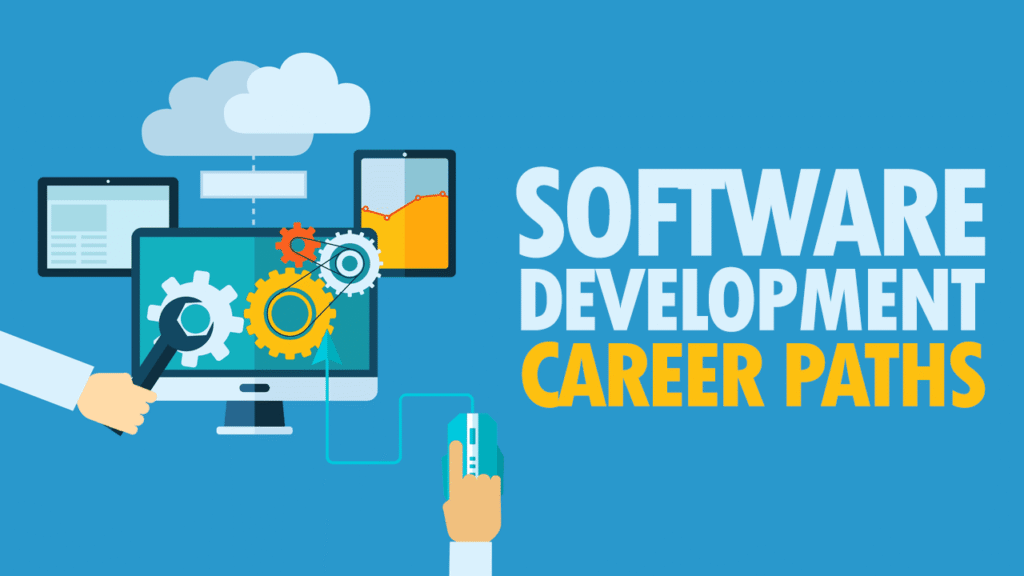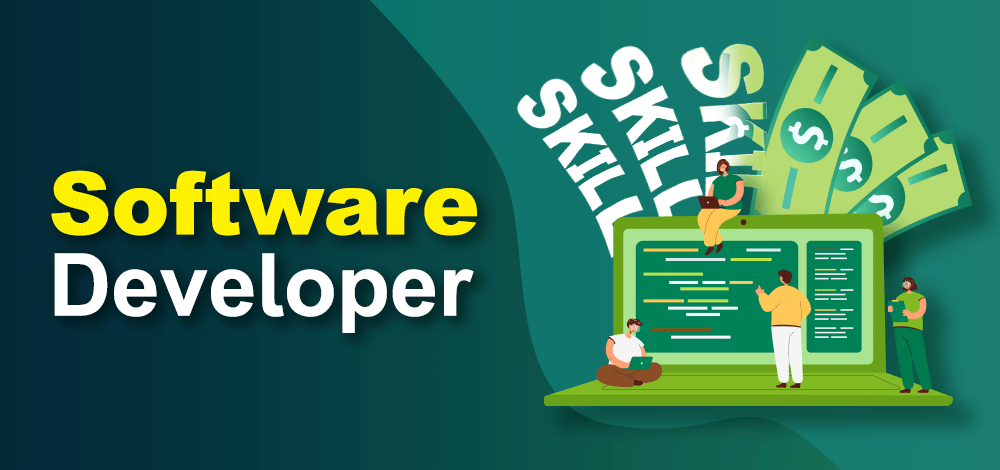
How to Start a Career in Software Development
Starting a career in software development begins with building a strong foundation in programming. First, you should choose a beginner-friendly programming language like Python, JavaScript, or Java, and focus on learning the basics such as syntax, problem-solving, and algorithms. Enrolling in online courses, bootcamps, or pursuing a degree in computer science can give you structured learning and a deeper understanding of software principles. After gaining basic knowledge, it’s important to practice by working on real-world projects, building simple applications, and contributing to open-source projects. Creating a portfolio showcasing your work is essential, as it demonstrates your skills to potential employers. Along with technical skills, you should also develop soft skills like communication, teamwork, and critical thinking. Networking through LinkedIn, tech meetups, and coding communities can help you discover job opportunities and learn from experienced developers. Lastly, staying curious, constantly learning new technologies, and being patient with your growth are key to building a successful career in software development.

How to Start a Career in Software Development (Step-by-Step)
Step 1: Learn the Basics of Programming
Start by picking an easy-to-learn programming language like Python, JavaScript, or Java.
Focus on understanding basic concepts like variables, loops, conditionals, functions, and data structures.
Step 2: Take Online Courses or Formal Education
You can join online platforms (like Coursera, Udemy, freeCodeCamp) or pursue a degree/diploma in Computer Science.
Structured learning helps you cover important topics like algorithms, databases, and software engineering principles.
Step 3: Build Real Projects
Practice by creating small projects — a calculator, to-do list app, or personal website.
Hands-on experience will boost your confidence and improve your coding skills.
Step 4: Create a Portfolio
Collect all your best projects and showcase them in an online portfolio (like a personal website or GitHub).
Employers often check portfolios to judge your practical abilities.
Step 5: Learn Version Control (Git and GitHub)
Knowing how to use Git and GitHub is essential for working with code, especially when collaborating with others.
Step 6: Understand Software Development Tools
Learn basic tools and workflows like IDEs (Visual Studio Code, IntelliJ), debugging, testing, and Agile methodologies.
Step 7: Apply for Internships or Freelance Projects
Start gaining real-world experience by applying for internships, entry-level jobs, or doing freelance projects.
Experience matters more than just certificates.
Step 8: Improve Soft Skills
Work on communication, teamwork, problem-solving, and time management.
Software development often involves working in teams and interacting with clients or managers.
Step 9: Network with Other Developers
Join LinkedIn groups, attend tech meetups, hackathons, or coding communities like Stack Overflow and Reddit.
Networking can help you learn from others and find job opportunities.
Step 10: Keep Learning and Stay Updated
Technology changes fast. Stay curious, keep learning new frameworks, languages, and trends (like AI, cloud computing, etc.) to grow continuously in your career.


